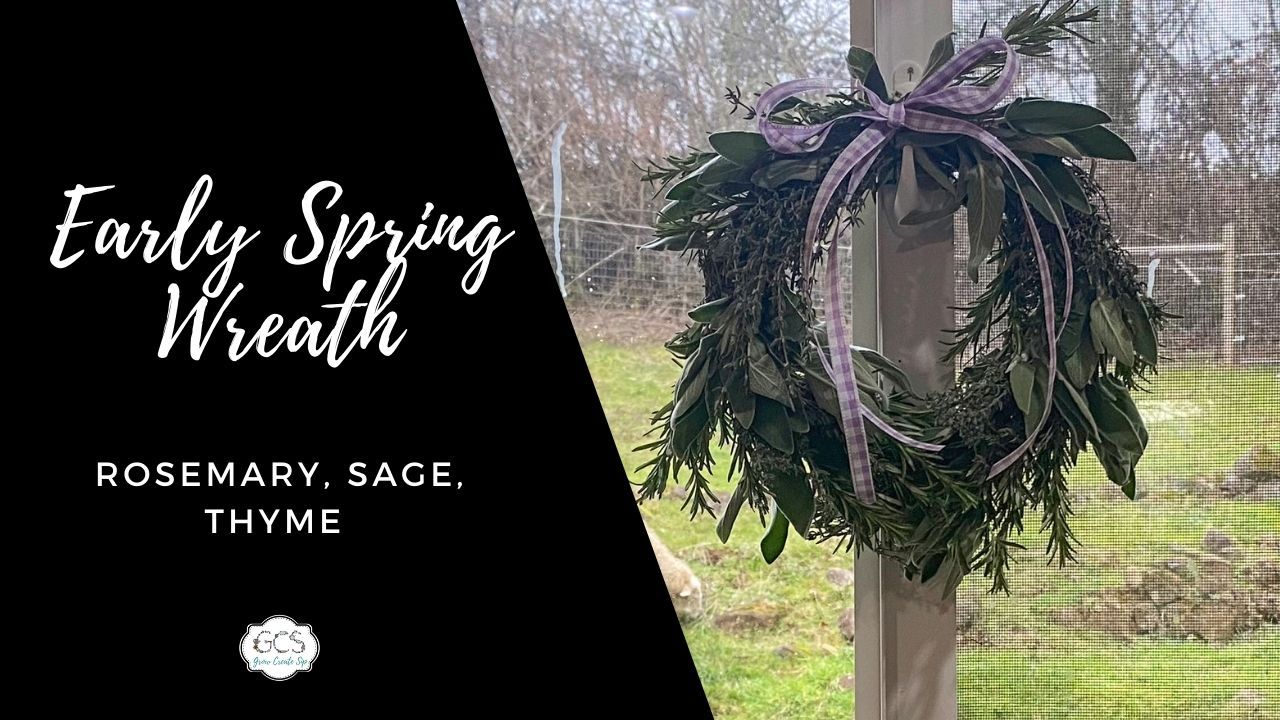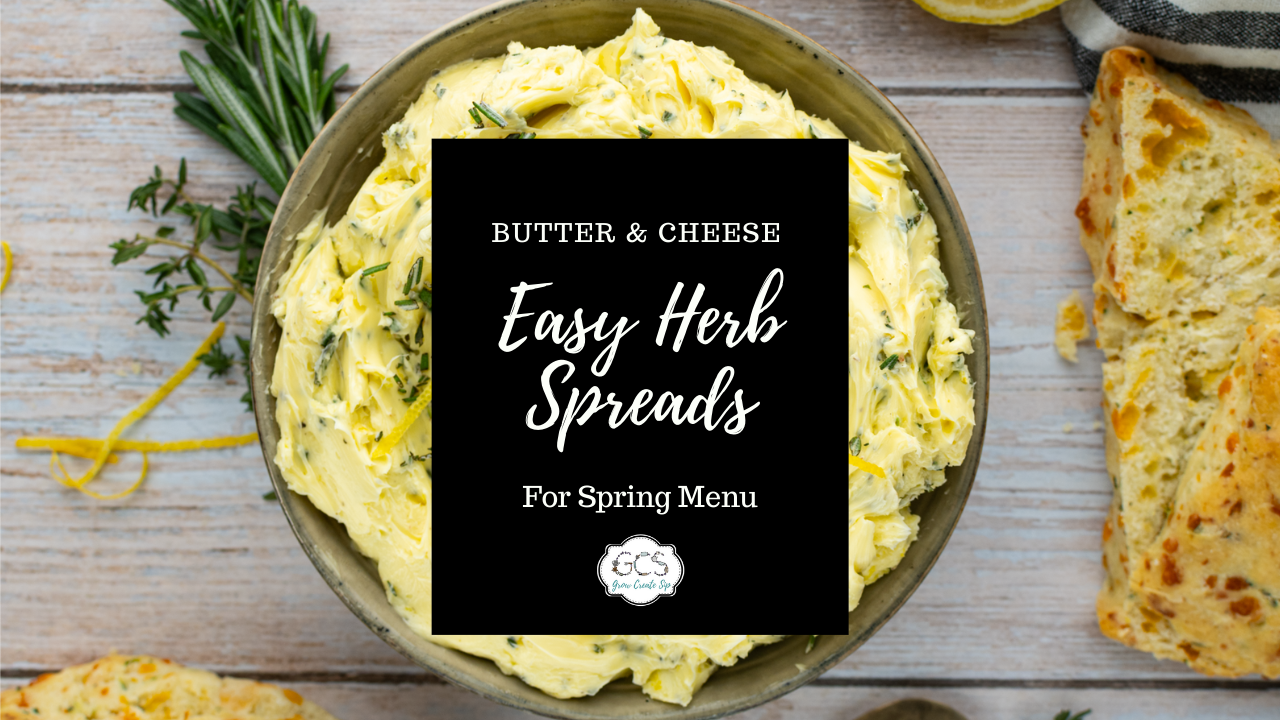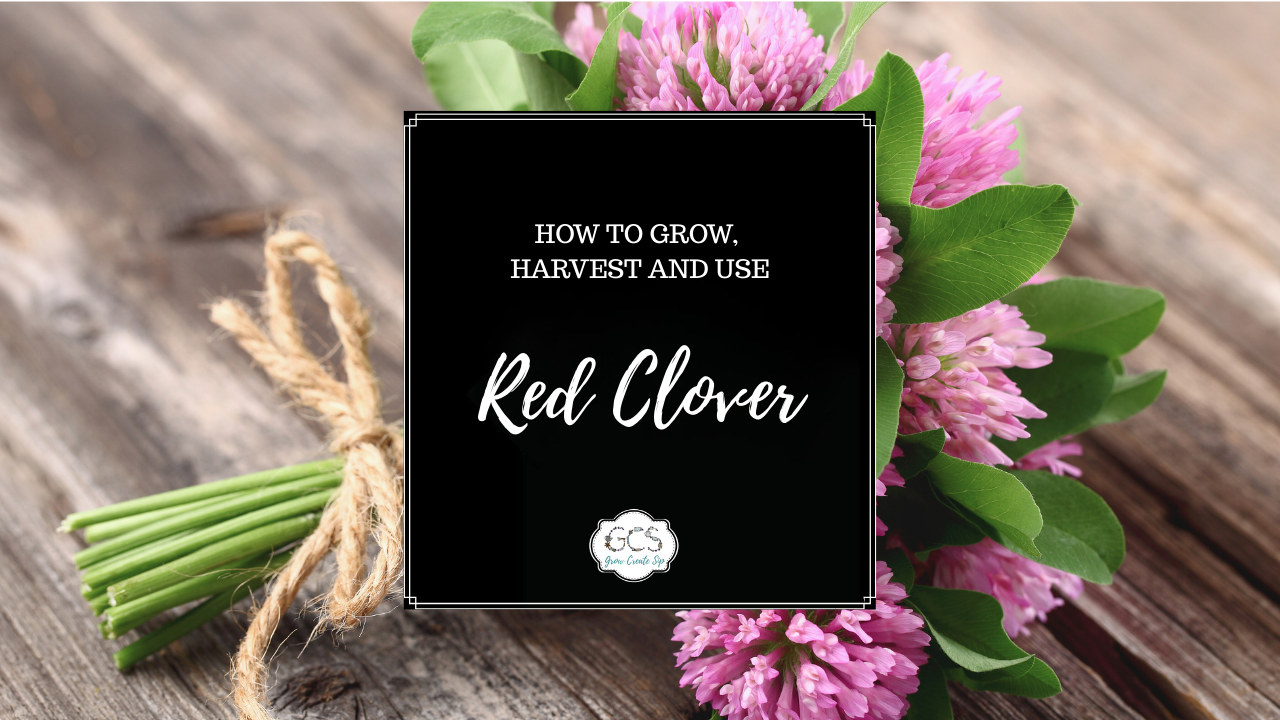Sweet Hibiscus Tea Lemonade | Tazo ® Passion Fruit Tea Hack
Apr 07, 2021
Starbuck's ™ very berry hibiscus refresher and Tazo's ® Passion fruit tea are very popular right now and with good reason. Their sweet, fruity flavor, especially as an iced passion fruit tea really hits the spot on a warm spring or summer day.
These drinks are packed with refined sugar, concentrated fructose, high in caffeine, and/or "natural flavors". Let's take a look at some less refined options, lower in caffeine without the chemicals and "natural flavors".
It's time to tea hack this drink and turn it into something fabulous just in time for the warmer months!

Before we start: This herbal information is just that, information. This blog post and I DO NOT INTEND to treat, cure, or diagnose any disease or illness. This is for informational, educational, and entertainment purposes only. Please consult a physician before using herbs medicinally. Grab all the deets on the Medical jargon here. This post also contains affiliate links. Translation: We get a little kickback for sharing certain products, at no additional cost to you, should you choose to purchase said items. And - thank you for supporting our farm and family! Read the full disclaimer here. PHEW! Let's carry on, shall we?
Hibiscus is an amazon tropical flower that is used in many different things including dyes for clothing as well as tea. It is known as jamaica in South America and is consumed very often as it is cooling and refreshing as well as growing in abundance in that region. Many of you will recognize this flower as looking like the 'Hawiaan flower' as it loves to grow in tropical places.
Hibiscus Sabdariffa and Hibiscus Rosa Sinensis are both used when making this bright red tea. It is slightly sweet but mostly tart similar to the flavor of a raw cranberry. When tea is made from the Hibiscus Sabdariffa, the calyx part of the flower is left behind once the petals have fallen off. In turn, when using Hibiscus Rosa Sinensis for tea the petals are used. Hibiscus flowers are also known by some other common names such as rose mallow, Chinese rose, musk mallow, and Rose of Sharon. There are over 300 different species of hibiscus flowers!
Hibiscus Tea Health Benefits
We get asked often, what is hibiscus tea good for? What are the health benefits of hibiscus tea? Hibiscus also comes with lots of potential*1 including but not limited to:
- antioxidants
- antimicrobial
- anticancer
- antihyperlipidemic
- antiulcer
- anti-inflammatory and
- hepatoprotective (liver protection) activities
Hibiscus also works as a demuculant, diuretic, hypotensive, antimicrobial, and is immunomodulating.2
Hibiscus Tea Side Effects
While hibiscus is a natural herb that is typically used as food and safe in food amounts there are some precautions as there are with most herbs. Just because something is natural doesn't mean that it is always safe in any amount. Hibiscus may cause, depending on the amount consumed and the individual person's reaction:
- temporary stomach pain
- gas
- constipation
- nausea
- painful urination
- headache
- ringing in ears
- shakiness
Hibiscus may also decrease blood sugar levels and in turn have an effect on those taking diabetic medications. Those with low blood pressure should be cautious when consuming hibiscus as it may continue to lower their blood pressure. Do not use hibiscus 2 weeks before having surgery because of the low blood pressure concerns. May interact with acetaminophen (Tylenol) by increasing how quickly it is removed from your body.4

Hibiscus is also naturally caffeine-free and offers its own truly natural flavor.
While many companies like to say that they use "natural" flavors they often times are really not natural at all. This is sadly a way for some companies to continue to use their unnatural ingredients under the guise of natural and they are not required by law to give more details than that whatever they are using qualifies as a "natural flavoring."
The FDA defines natural flavoring as:
"(3) The term natural flavor or natural flavoring means the essential oil, oleoresin, essence or extractive, protein hydrolysate, distillate, or any product of roasting, heating or enzymolysis, which contains the flavoring constituents derived from a spice, fruit or fruit juice, vegetable or vegetable juice, edible yeast, herb, bark, bud, root, leaf or similar plant material, meat, seafood, poultry, eggs, dairy products, or fermentation products thereof, whose significant function in food is flavoring rather than nutritional. Natural flavors, include the natural essence or extractives obtained from plants listed in subpart A of part 582 of this chapter, and the substances listed in § 172.510 of this chapter." 3
As you can see it could be a chemical derivative of really almost any "food" so long as its function is to flavor, not nutrition. I always feel that there is a more natural way to achieve the same flavor without needing to separate the chemical components of something to get it to do so. The largest benefit to companies who use "natural flavorings" is that they can patient the chemical natural flavoring and/or it is cheaper to use it because they can cut down on the real ingredients to make their tea more cost-effective without cutting the flavor. So skip that bagged tea and just use some straight loose leaf hibiscus tea in its place! It will save you money in the long run too.
Today I"m going to show you how to make that Passion Fruit Iced Tea Lemonade using either some loose leaf hibiscus or our favorite blend of hibiscus tea with a little twist! Kombucha!
Kombucha tea is a fermented tea that adds a natural probiotic to the tea and makes it fizzy similar to soda pop. It contains a lot less sugar (if any at all) than soda pop once it is done fermenting and contains the benefits of tea right along with it. Adding prepared kombucha to this lemonade gives you a dose of probiotics to this tasty refreshing drink and makes it naturally fizzy as well. Feel free to use a plain prepared kombucha from the store or learn to make your own here with our free kombucha workshop!
Let's get to the grub...

Photo @kaylajoycreative

Sweet Hibiscus Tea Lemonade with a Twist
Ingredients
- ¼ cup Loose Organic Hibiscus Tea (We used Farmhouse Tea's High Desert Hibiscus)
- 2 cups hot water
- 3 large lemons, juiced
- ¼ cup raw honey
- quart water
- 1 lemon, sliced
- Plain prepared kombucha for serving
Instructions
- Pour the hot water over the tea and let it steep until the water is completely cooled. Strain and set aside.
- Pour the juice from 2 lemons to start into a large pitcher and add the honey. Stir to combine.
- Add the steeped hibiscus tea and stir again.
- Pour the quart of water into the pitcher and stir again. Taste and adjust the tartness to personal preference. If you want it tarter, add another lemon.
- Add the sliced lemon to the pitcher if using.
- To serve, pour the lemonade over ice, leaving a little room. Top with the plain kombucha. Garnish with a sprig of mint if desired and enjoy!

Photo @kaylajoycreative
Well, I don't know about you but I'm thirs-tea now! Hibiscus tea is hands down our favorite blend to ice in the warmer months and a great substitute for so many other chemical-filled, processed sweetened drinks! If your looking for other all-natural refreshing and hydrating drinks without the junk make sure to check out our natural electrolyte recipes here. There are so many to choose from!
I'm really curious though! What is your favorite go-to drink for hydration in the warmer months? Leave me a comment down below and let me know!

Photo @kaylajoycreative
* This statement has not been approved by the FDA. We do not intend to treat, cure or diagnose any disease. Please consult your doctor or other health care professional for medical advice.
Resources
1.) NCBI ; . Epub 2020 Nov 9.
2.) Benefits of Hibiscus; Rosealee De Foret; Herbalremediesadvice.org















